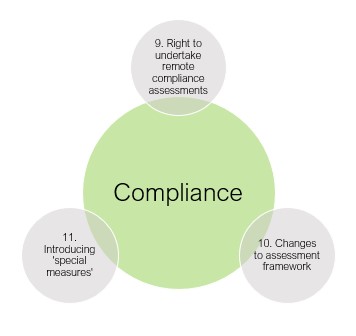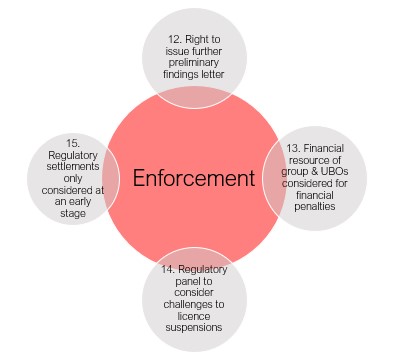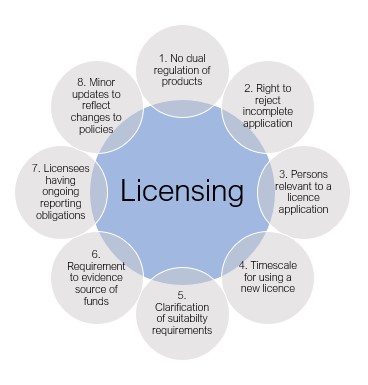Department for Digital, Culture, Media & Sport Committee Call for Evidence on Gambling Regulation
The Department for Digital, Culture, Media & Sport Committee (“DCMS”) Committee is examining the Government’s approach to gambling regulation, including investigating the progress made by the Government in addressing the issues raised by Parliament, how to ensure that regulation keeps pace with innovations in online gambling and the links between gambling and broadcasting and sport.
As part of its inquiry, the DCMS Committee is inviting written evidence on the following questions by 5pm on Friday 10 February:
- What is the scale of gambling-related harm in the UK?
- What should the key priorities be in the gambling White Paper?
- How broadly should the term, ‘gambling’, be drawn?
- Is it possible for a regulator to stay abreast of innovation in the online sphere?
- What additional problems arise when online gambling companies are based outside of UK jurisdiction?
DCMS Committee member, Julie Elliott MP, has stated:
“Gambling acts as an enjoyable pastime for large numbers of players, but regulation is struggling to keep pace with the rapidly changing way in which it happens today. This puts people at risk of the devastating harm it can sometimes cause to lives. The DCMS Committee’s inquiry will look at the scale of gambling-related harm in the UK, what the Government should do about it and how a regulatory regime can best adapt to new forms of online gambling, based both in and outside the UK.”
Figures from the Ernst & Young report (the “EY Report”) commissioned by the Betting and Gaming Council (“BGC”) and published last November, in The economic contribution of the betting and gaming sector: 2021-2022, also reflect gambling as a popular pastime through which the gambling sector contributed £7.1bn to the UK economy between 2021 and 2022. The EY report’s statistics also serve to highlight the wider context of gambling regulation reform, on which BGC CEO, Michael Dugher, commented last month:
“Our members pump billions into the economy, support the treasury with more billions and support over a hundred thousand jobs. But this contribution is never guaranteed. This industry needs to thrive if it is to maintain its status as a global leader.
“We urge the government to find an evidence-led, balanced white paper that protects the vulnerable, allows the vast majority who bet safely to continue to do so and, crucially, allows businesses to thrive.”
Certainly, the Government’s approach to regulation needs to be balanced and proportionate, however, as delays to the publication of the White Paper continue, a factor that remains to be addressed, is the timeliness of action. Question 2 of the Call for Evidence suggests the possibility of further delay of the White Paper, which was promised “in the coming weeks” for much of last year. The latest word on the street is that the White Paper will be published in February. However, we have learned to be somewhat sceptical about any gossip on this topic; certainly, the questions being asked by the DCMS Committee, and especially question 2, might suggest a longer timeline.


